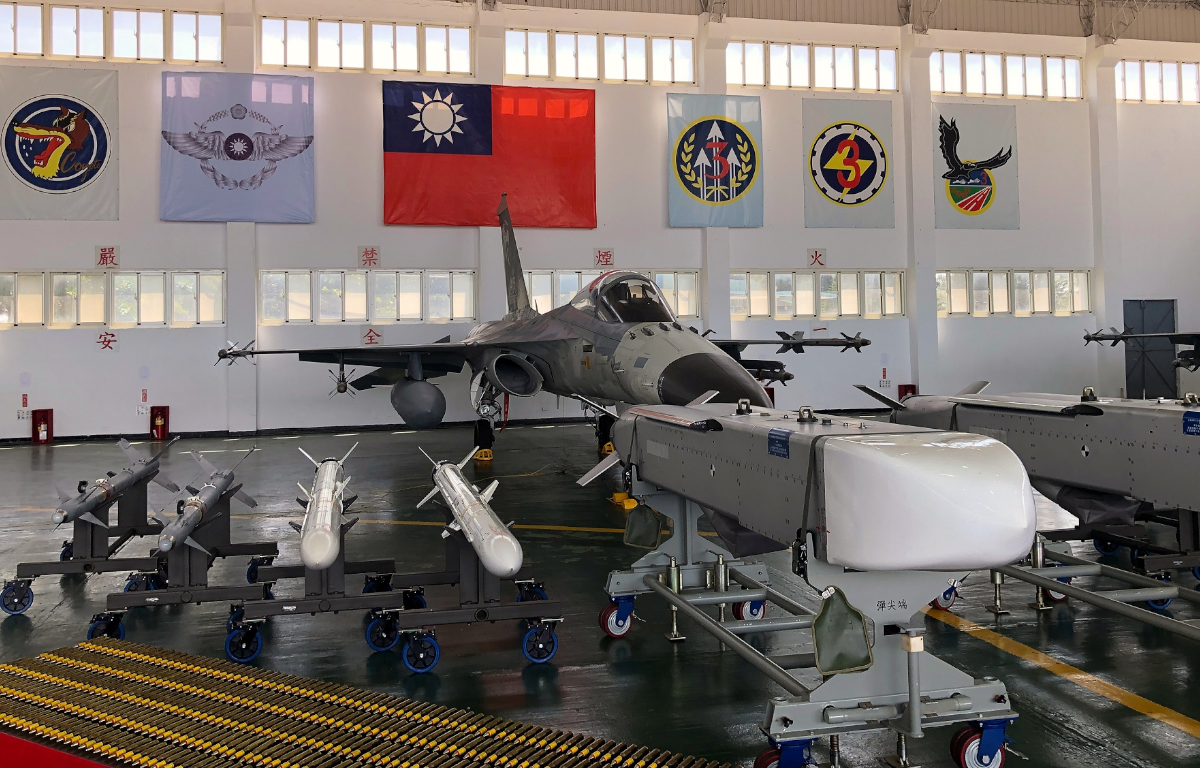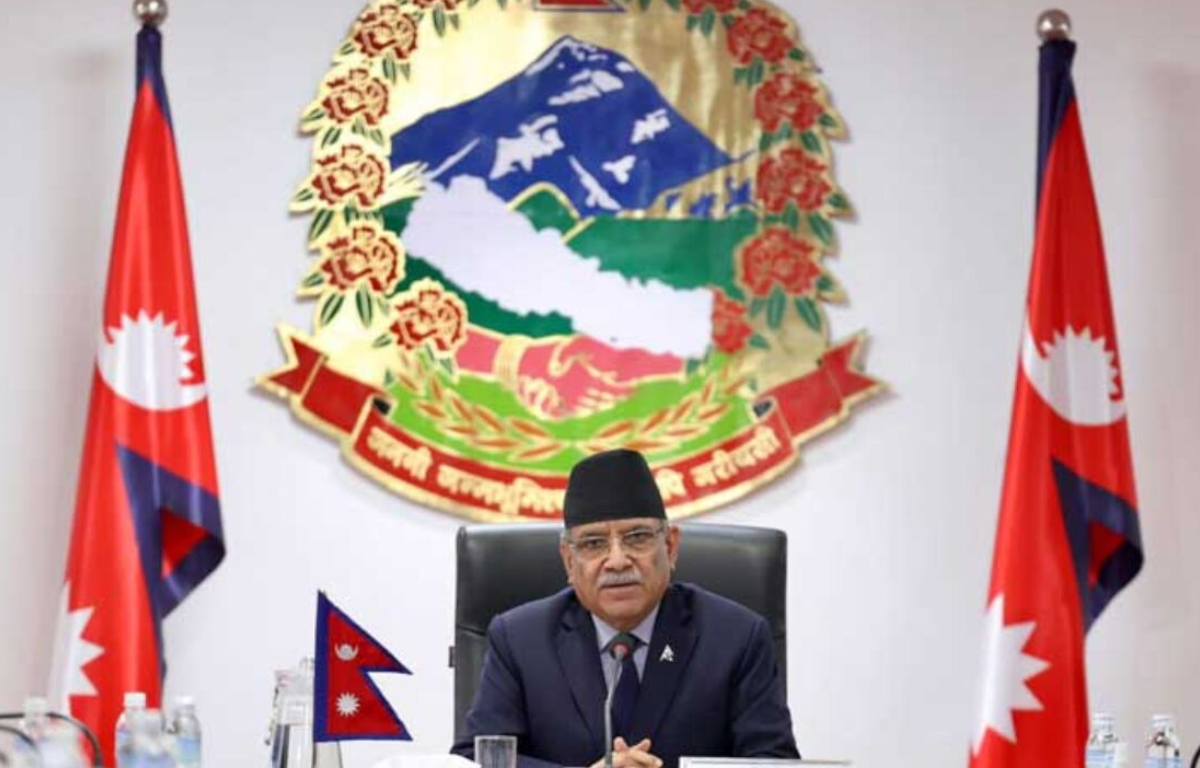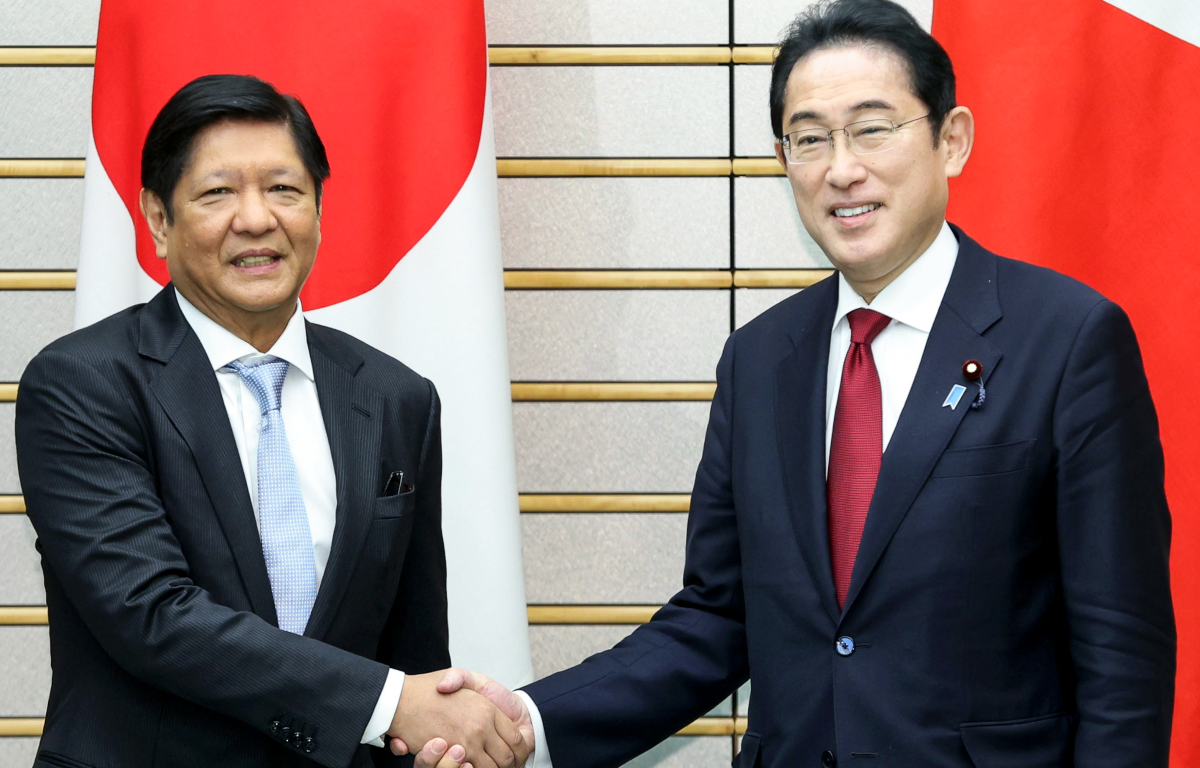
The Taiwan issue dates back to the Chinese Civil War when the Chinese Nationalist Party (Kuomintang) retreated to Taiwan following their defeat by the Communist Party in 1949. Since then, Taiwan has functioned as a self-governing democratic entity with its own government, military, and constitution. However, China considers Taiwan a part of its territory and has not ruled out the use of force to bring it under its control.
China’s economy, once the world’s fastest-growing, has faced several challenges in recent years. These challenges include a declining birth rate, an aging population, and a shift towards a consumer-driven economy. These factors, along with external pressures like the U.S.-China trade war and the COVID-19 pandemic, have slowed China’s economic growth.
China has significantly modernized its military in recent years, with a focus on power projection capabilities. This includes the development of advanced missiles, a rapidly expanding navy, and a growing air force. Such military buildup has led to concerns about China’s intentions, especially regarding Taiwan.
China maintains that there is only one China and that Taiwan is an integral part of it. This is a core principle of China’s foreign policy, and it vigorously opposes any actions or statements that challenge this view. While China has not ruled out the use of force, it has also used diplomatic and economic pressure to isolate Taiwan on the international stage.
The possibility of a Chinese invasion of Taiwan has significant international implications. The United States, in particular, has a long-standing commitment to Taiwan’s security. The Taiwan Relations Act of 1979 commits the U.S. to provide defensive weapons to Taiwan, and the U.S. has continued to maintain unofficial relations with Taiwan.
The international community, including countries in the Asia-Pacific region, is closely monitoring the situation and is concerned about the potential for conflict in one of the world’s most economically vital regions.
For China, the Taiwan issue represents a complex dilemma. On the one hand, reunification with Taiwan is a matter of national pride and a central objective of the Chinese Communist Party. On the other hand, an invasion of Taiwan could trigger a military conflict with the United States and its allies, with unpredictable consequences.
The question of whether China will invade Taiwan is a highly sensitive and complex issue. While China’s economic challenges may exert pressure on its leadership to seek unification with Taiwan as a means of asserting its dominance, the risks and consequences of such an action are immense.
A peaceful resolution to the Taiwan issue remains the most desirable outcome. Diplomacy, dialogue, and confidence-building measures should be prioritized to reduce tensions and find common ground. The international community, particularly the United States, plays a crucial role in maintaining stability in the region.
Ultimately, a peaceful and mutually acceptable resolution that respects the wishes and interests of the people of Taiwan should be the goal, rather than military confrontation. The world will be watching closely as events in East Asia continue to unfold, hoping for a peaceful resolution to this long-standing issue.










Share this: